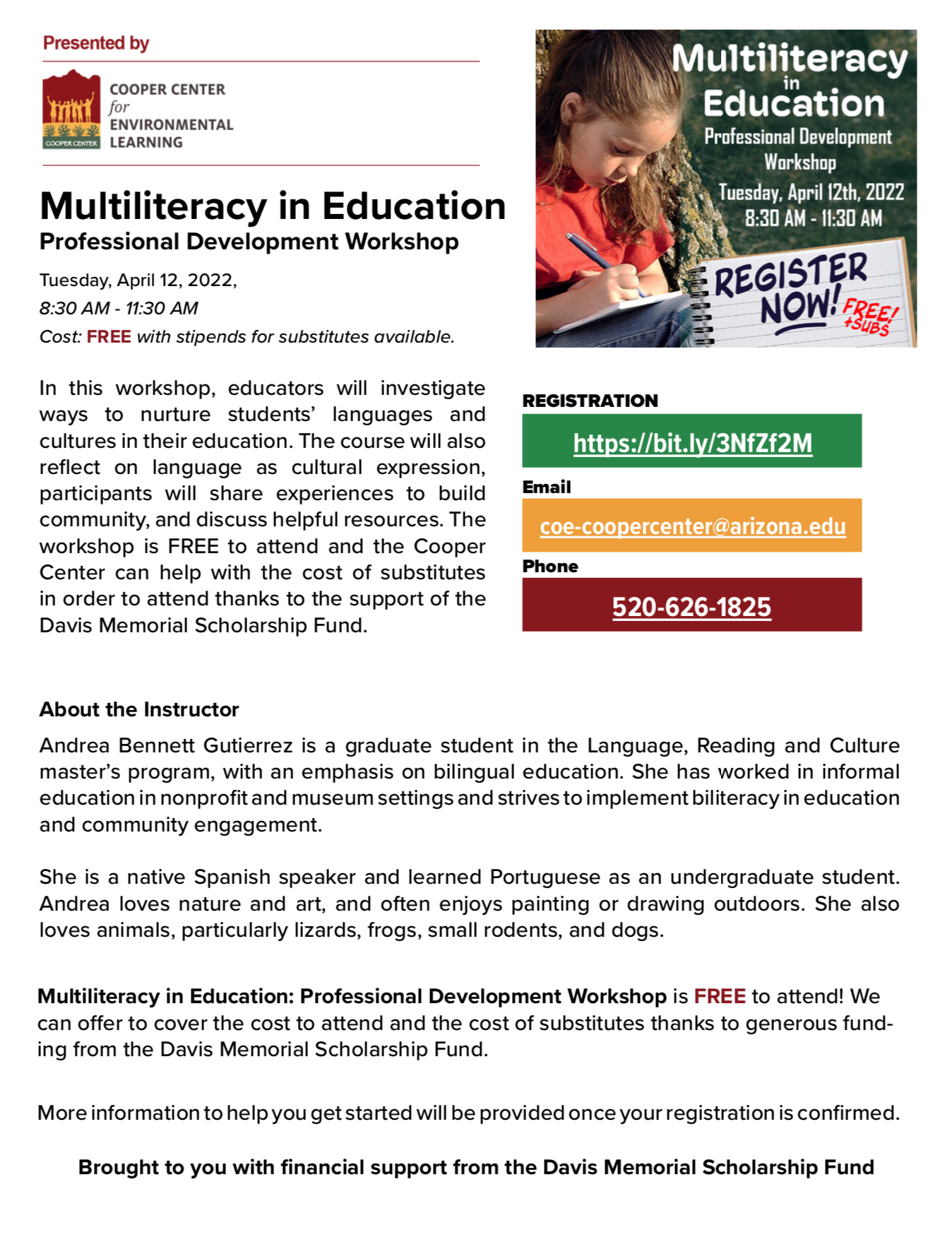

It is helpful to be aware of these histories and the dilemmas they pose for new campus-community partnerships as you enter into dialogue with community members. In many campus-community, or “town-gown,” relationships there are histories of miscommunication, neglect, distrust, and even conflict. Again, public service offices or experienced faculty may have done this work already, so please rely upon them. From these needs assessments, community goals should become clearer, which in turn will allow project ideas to emerge more easily. This should be supplemented with academic or government research that may be available about the community. Therefore it is important to rely upon well-respected community leaders and organizations for an assessment of its needs and for greater background on the issues the community faces. To ensure a project has significant impact for a community, it is important to address a community’s most urgent needs. Possible Solutions: Assessing Community Need What if your community-based project with students turns out to be of limited impact in the community? For many educators this is a significant concern since we would like to have our community partnerships be mutually beneficial and because we want our students to feel effective in their work. Please see the Vanderbilt and Community Resources links below for more information. They are likely to know of a variety of community projects that might fit with your research or teaching interests. Likewise, your local community or government may have organizations that facilitate civic action, from volunteerism to campus partnerships. Institute for Clinical and Translational Research (VICTR) Research Match Program.Community Research and Action (CRA) Program and its community engagement projects.Office of Community, Neighborhood, and Government Relations.Office of Active Citizenship and Service (OACS).At Vanderbilt, multiple sites may be of service as you identify possible community partners: Increasingly, many educational institutions are developing online databases that faculty, students, and community organizations can use to register needs or ideas and develop partnerships. They also may be able to assist with services such as campus vans or other logistical necessities that your course may require. They therefore can help make the planning much easier and help establish a positive working relationship between you and your community partner.

Indeed, peers in your department and the staff of organizations such as Vanderbilt’s Office of Active Citizenship and Service ( OACS) or the Center for Nashville Studies may have established community partners and project ideas to suit a wide variety of learning objectives. Your fellow educators and your institution’s public service centers can help you to develop meaningful partnerships more efficiently.


Rely on community service offices to bridge the gap between campus and community. Please call the CFT or write Joe Bandy to schedule an appointment. Here at Vanderbilt’s Center for Teaching, the staff has extensive experience with every phase of course planning and thus can help to make your community-based teaching successful. However, we also offer workshops on community engaged teaching and we host a working group on these pedagogies for experienced faculty. Because each course and community project can be unique, the most useful service is usually a one-on-one consultation. Possible Solutions: Centers for Teaching and LearningĬenters for teaching and learning offer many resources to assist you in efficiently planning community-based courses that have a high impact on students and the community. Indeed, it takes significant amounts of time to develop a productive working relationship with a community partner, to design projects that meet both learning and community goals, to manage the logistics of the projects as they unfold, to engage students in special skills training, and to reflect on the meaningfulness of projects with students. Of the many concerns that educators express about community engaged teaching and research, possibly the most frequent is that it takes a lot of precious time. However, when these challenges are met and overcome, community engaged teaching allows students, faculty, and communities to experience profound growth. įor experienced and inexperienced educators alike, community engaged teaching can present unique and sometimes difficult challenges for which many are not equipped. Vanderbilt University Center for Teaching. Challenges and Opportunities of Community Engaged Teaching. Challenges and Opportunities of Community Engaged Teaching by Joe BandyĬite this guide: Bandy, J.


 0 kommentar(er)
0 kommentar(er)
